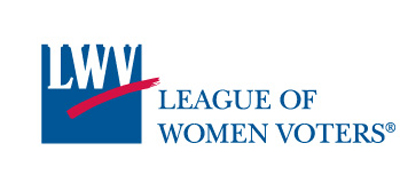From San Juan County Health Department
What is it?
Pertussis is a highly contagious bacterial infection that causes a severe cough.
Symptoms
• Symptoms appear 6 to 21 (average 7-10) days after exposure to an infected person.
• Pertussis may start with cold symptoms or simply a dry cough followed by episodes of severe coughing. Fever is absent or mild.
• Gagging or vomiting may occur after severe coughing spells. Cough may be worse at night.
• The person may look and feel healthy between coughing episodes.
• Immunized school children, adolescents, and adults often have milder illness than young children.
• Infants with pertussis may not develop a severe cough. They may only have a mild cough, decreased feeding, and may have difficulty breathing or turn bluish.
How is it spread?
• Pertussis is spread through droplets from the mouth and nose when a person with pertussis coughs, sneezes, or talks.
• Untreated, persons with pertussis can spread the infection for several weeks.
• Adults and older children with unrecognized pertussis often spread the infection to others, including young children.
Who gets it?
• Anyone who is exposed to the bacteria can get pertussis.
• Pertussis vaccine prevents severe disease in young infants, but even a vaccinated person can get pertussis infection.
• Pertussis occurs in older children and adults because protection from the vaccine (DTP or DTaP) lasts only 5-10 years after the last dose.
Who is at greatest risk?
• Infants less than one year old are considered at high risk for complications of pertussis, including hospitalization, pneumonia, convulsions, and rarely, brain damage or death.
• Unimmunized or partly immunized children are also at higher risk for pertussis infection and severe disease.
• Pregnant women with pertussis near the time of delivery may spread it to their newborns.
• Persons who have close contact with pregnant women, infants, or health care workers can spread pertussis to these high risk individuals.
• Health care workers with pertussis who have face-to-face patient contact can spread pertussis to their patients and other health care staff.
Treatment
• Treatment is most effective early in the disease. A health care provider must prescribe an antibiotic active against pertussis.
• Persons treated with antibiotics are no longer contagious after the first 5 days of appropriate antibiotic treatment have been completed.
Prevention
• Pertussis vaccine is included in DTaP and the new Tdap vaccine for adolescents and adults (available since 2006).
◦ Before age 7, children should get 5 doses of the DTaP vaccine.
◦ Doses are usually given at 2, 4, 6, and 15-18 months of age and 4 – 6 years of age.
◦ The 4th dose may be given as early as 12 months of age.
◦ Tdap should be given as a single booster dose to 11-64 year old individuals.
• Persons with cough illnesses should avoid contact with infants and expectant mothers, including visiting or working in labor, delivery, and nursery areas of hospitals and in child care settings.
• If you live or have close contact with someone who has pertussis, you should take antibiotics to prevent pertussis – contact your health care provider.
Report all cases to Public Health by calling 360-378-4474 during business hours or 360-201-2505 after hours.
**If you are reading theOrcasonian for free, thank your fellow islanders. If you would like to support theOrcasonian CLICK HERE to set your modestly-priced, voluntary subscription. Otherwise, no worries; we’re happy to share with you.**







